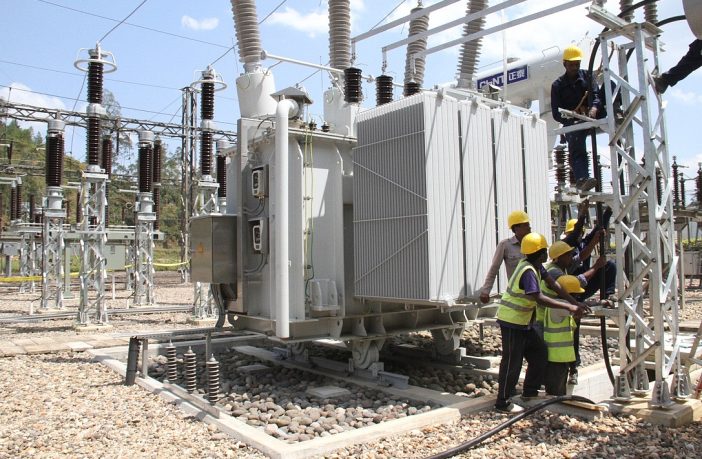- In a briefing on Tuesday, Eskom’s general manager for operations enablement, Velaphi Ntuli, announced that the utility was doing away with its “first come, first served” principle for independent power producers (IPP’s) applying for grid feed in access for their generation projects.
- The previous application process allowed IPP’s to reserve feed in capacity at substations around the country regardless of project development stage which left REIPPPP projects stranded.
- Eskom now wants developers to demonstrate that their projects are shovel-ready (development works complete and ready for construction).
Ntuli explained that this will ensure that shovel ready projects will connect to the grid in good time. “We can’t continue to have a situation where capacity is allocated, and capacity is not used. We need to work together to ensure we have these minimum things in place so that guaranteed generation capacity is added to the grid”.
Under the old system REIPPPP project bidders are not allowed to secure feed in capacity until they are awarded preferred bidder status. The grid access problem was highlighted by the outcome of REIPPPP Bid Window 6, where 23 wind projects totalling over 4MW of capacity were set aside because the grid access capacity allocation had already been taken up by other private off-taker projects in those project locations. Read more
Seetsele Seetswane, engineering manager at Eskom, added that issues with the emergency procurement projects hogging space had caused delays for Bid Window 5 of the REIPPPP and, consequently, Bid Window 6. “As we now get ready to Bid Window 7, the problem is getting worse. That is why we developed the rules,” said Seetswane.
Eskom made a call for comment on proposed amendments to the grid code in early March to ensure a non-discriminatory queueing system for grid access for new generation projects for IPP’s.
Seetswane added that if a project does not follow through and meet set out timelines then their grid allocation will be revoked. Eskom will then also draw down on the guarantee for the damages caused by delays.
The interim rules are a short-term solution, said Seetswane. In the long term, Eskom will ultimately be expanding grid infrastructure to connect more projects.
The new rules will first be implemented in the Western Cape where there are around 40 projects with a capacity of under 5GW that Eskom needs to finalise allocations for. Eskom will issue them letters to submit outstanding information required by the new rules.
From 7 July, Eskom will assess projects against the readiness criteria. It intends to give notice of whether the criteria have been met by 31 July. The projects deemed ready will have 15 days to provide Eskom the guarantee. Thereafter the allocation of grid access will continue.
Link to Eskoms’ grid access unit HERE
Related: link to Eskom’s latest generation capacity assessment report HERE. The intention of the Generation Connection Capacity Assessment of the 2024 Transmission Network (GCCA – 2024) is to provide stakeholders with an indication of the available capacity for the connection of new generation at the main transmission system (MTS) substations on the Eskom transmission network that may be in service by 2024 based on both.
Author: Bryan Groenendaal















